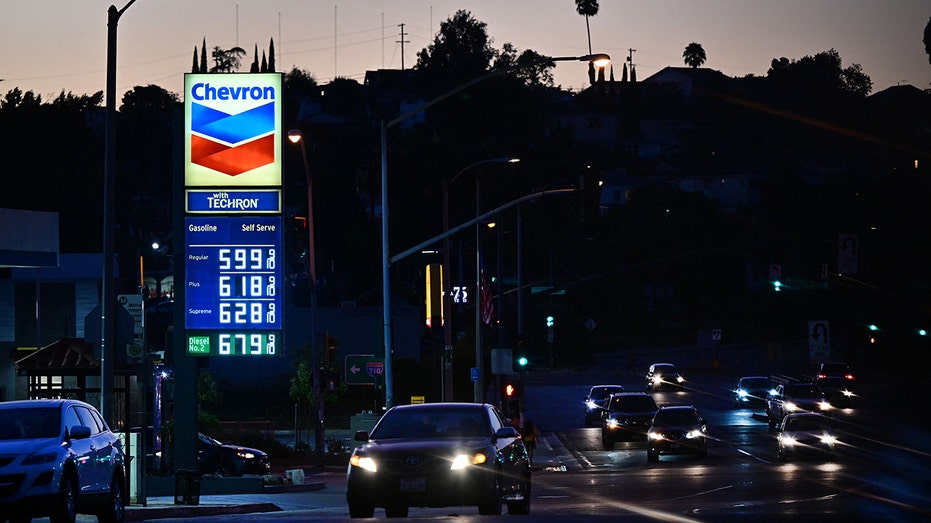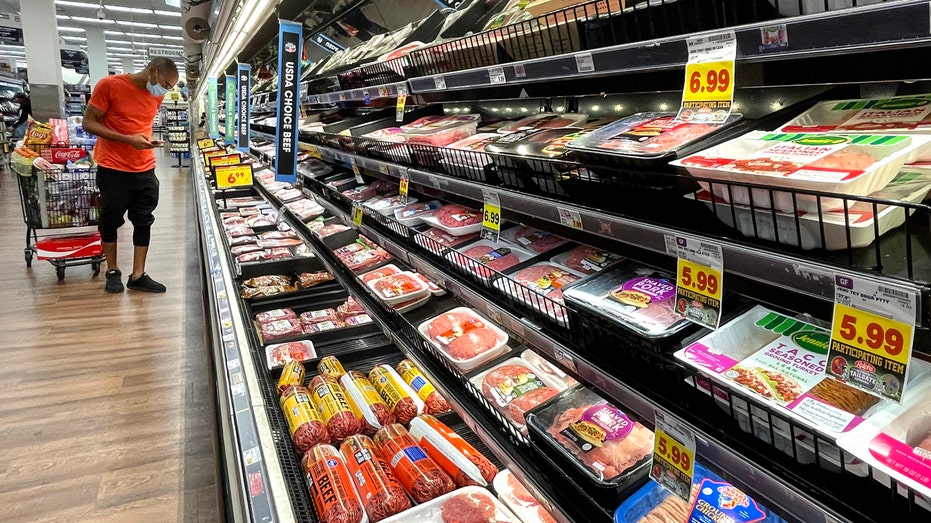Consumer confidence rises more than expected in August as gas prices drop
Consumer confidence in U.S. economy remains near record low
Market's 'next obstacle' is tackling consumer confidence: Expert
LPL Financial chief equity strategist Quincy Krosby on the importance of earning reports amid a bear market.
U.S. consumer sentiment climbed more than expected in August as gas prices dropped nationwide, but Americans' confidence in the economy remains near a record low.
The University of Michigan’s consumer sentiment index rose to 55.1 in August – up from the July reading of 51.5 and above economists' forecast for a reading of 52.5. That is still more than a 21% drop from just one year ago, when the gauge was at 70.3.
"All components of the expectations index improved this month, particularly among low- and middle-income consumers for whom inflation is particularly salient," survey director Joanne Hsu said in a statement.
Consumers expect prices to rise 5% over the next year, a six-month low but well above the pre-pandemic average. Americans believe prices will rise at an annual rate of 3% over the next five to 10 years, which is up slightly from July.
HOW THE FEDERAL RESERVE MISSED THE MARK ON SURGING INFLATION

Gas prices listed at a petrol station in Los Angeles July 19, 2022. (FREDERIC J. BROWN/AFP via Getty Images / Getty Images)
While Americans remain concerned about the state of the economy as painfully high inflation persists, a recent decline in the price of gasoline helped to bolster the economic mood nationwide. After hitting a record high of $5.01 per gallon in mid-June, a gallon of gas now costs less than $4, according to AAA.
The data comes just two days after the Labor Department reported that the consumer price index, a broad measure of the price for everyday goods including gasoline, groceries and rents, rose 8.5% in July from a year ago, below the 9.1% year-over-year surge recorded in June. Prices were unchanged in the one-month period from June.
Those figures were both lower than the 8.7% headline figure and 0.2% monthly gain forecast by Refinitiv economists, likely a welcoming sign for the Federal Reserve as it seeks to cool price gains and tame consumer demand.
So-called core prices, which strip out the more volatile measurements of food and energy, climbed 5.9% from the previous year, below the 6.1% forecast from economists but matching the reading from July.

A person shops in the meat section of a grocery store on November 11, 2021 in Los Angeles. ((Photo by Mario Tama/Getty Images) / Getty Images)
Still, experts cautioned that while the July slowdown is a step in the right direction, inflation remains painfully high and could be slow to return to the Fed's preferred target of 2%.
Although energy prices declined in July, the cost of food skyrocketed, with groceries surging 1.3% in the one-month period from June, pushing the annual gain to 13.1% – the highest since 1979.
GET FOX BUSINESS ON THE GO BY CLICKING HERE
"July’s CPI report is a good start due to lower gas prices and drops in some other key categories, such as used cars," said Robert Frick, corporate economist with Navy Federal Credit Union. We’ll need a few more of these to call a peak and to see a meaningful downward trend… But high inflation is with us into next year."





















